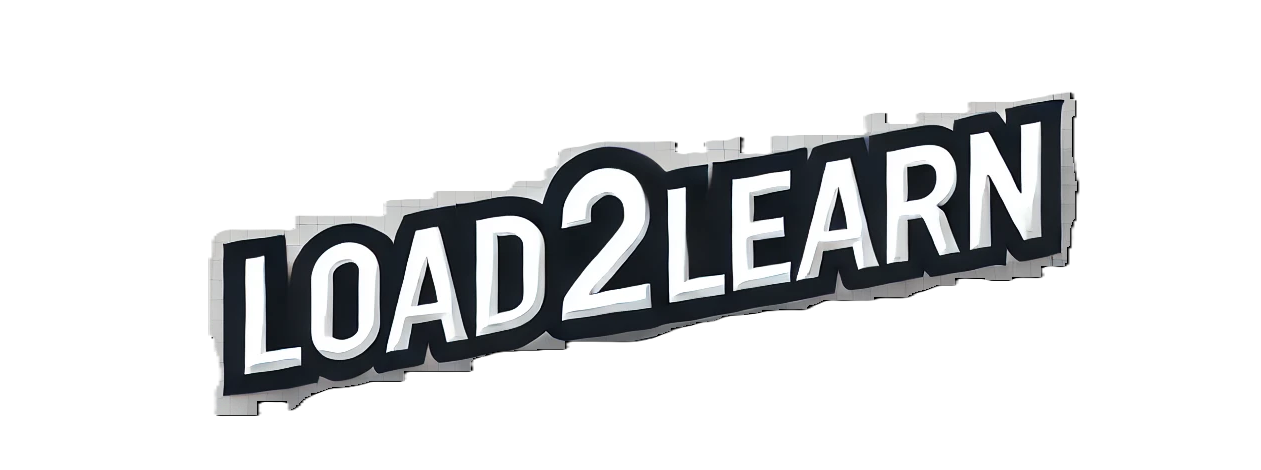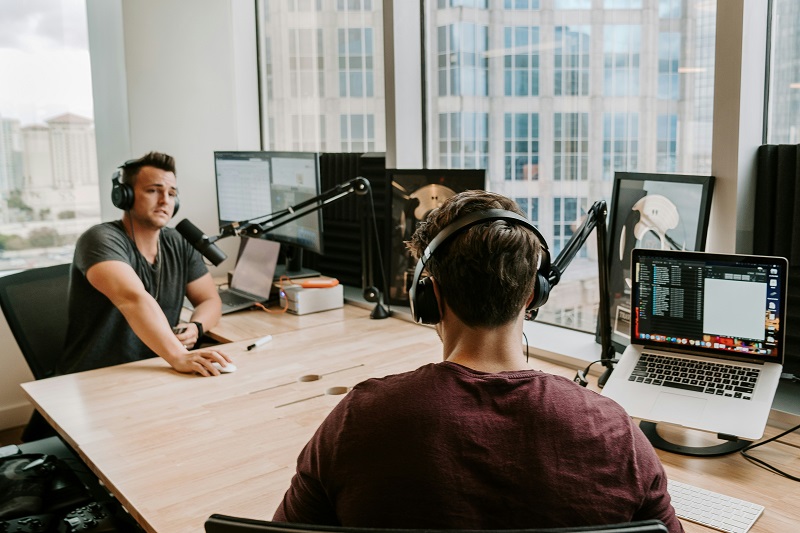Have you ever thought about how learning can go beyond books and classrooms? Today, many schools, teachers, and learners are turning to podcasts as a tool to improve education.
Podcasts make learning easier, more flexible, and more enjoyable. They let students access lessons anytime, whether they are at home, on the bus, or even walking. This approach fits well with the fast-paced world we live in.
By combining simple technology with engaging content, podcasting is changing how knowledge is shared and absorbed.
Making Learning More Engaging
One of the biggest challenges in education is keeping students interested. Traditional lectures can sometimes feel long or dull, leading learners to lose focus.
Podcasts add variety and creativity to lessons, turning plain topics into engaging stories or discussions. With the use of real-life examples, guest speakers, or interviews, podcasts can hold attention much longer than a regular lecture.
Students enjoy listening because it feels conversational. Instead of reading heavy text, they hear voices that explain ideas clearly and with energy.
For younger learners, this style can make complex topics easier to understand. Teachers also benefit since they can reach students in a way that matches modern habits.
By making lessons lively, podcasts inspire students to explore subjects more deeply. Curiosity grows when learning feels enjoyable and meaningful. This spark often encourages students to keep exploring even outside of class.
Offering Flexible Learning Options
Flexibility is one of the strongest advantages of using podcasts in education. Students no longer need to be in a classroom at a fixed time to learn.
With a simple device and internet connection, they can access lessons anytime. This flexibility allows learning to adapt to each student’s lifestyle.
For example, learners can listen during their commute, while exercising, or while doing chores. This turns free time into learning opportunities without extra stress. It also helps students who struggle with traditional classroom settings, giving them a different way to absorb information.
Teachers can also create podcasts as additional resources. If a student misses a class, a podcast episode can provide support so they do not fall behind. This freedom makes education more inclusive and supportive of different learning needs.
By giving students choices in when and where they learn, podcasts create a learning experience that fits into modern daily life.
Improving Knowledge Retention
Listening is often easier than reading long chapters, especially for learners who process information better through audio. Podcasts support this by presenting content in a natural, story-like format. When ideas are explained clearly in spoken words, they often stick better in memory.
Hearing tone, emotion, and emphasis also helps students connect with the material. For example, a history teacher can bring events to life with storytelling, making them more memorable. Students can replay episodes if they need more time to understand or want to review for exams.
Podcasts can also support different learning styles. Some people learn best visually, others by doing, and many through hearing.
By offering audio, teachers meet the needs of those who prefer auditory learning. This mix of styles makes classrooms more effective overall.
In the long run, better retention means students carry lessons with them beyond school. Learning becomes part of their daily thinking and not just facts for tests.
Increasing Accessibility for All Students
Not all students have the same opportunities or resources for learning. Podcasts can help bridge this gap by offering low-cost or free access to quality content. Since they only need a phone or computer, they are easier to access compared to expensive textbooks or special tools.
Students with disabilities also benefit greatly from podcasts. For those with vision problems, audio lessons remove the need to read printed material. Podcasts can be paused and replayed, giving learners time to fully understand without pressure.
Language learners find podcasts useful as well. Listening helps them pick up pronunciation, tone, and vocabulary more naturally. This supports both school-based and self-driven studies.
Even in remote areas where printed resources are scarce, podcasts can bring updated lessons to students. By making education more inclusive, podcasts ensure that learning is not limited to those with the best resources but reaches as many learners as possible.
Supporting Teachers and Lifelong Learning
Podcasts are not only helpful for students but also for teachers. Educators can use them to share knowledge, reach more students, and add depth to their lessons.
They can also collaborate with other experts to create diverse and interesting content. For those who may not have time for full classroom sessions, podcasts serve as a practical teaching tool.
Teachers can save time by recording lessons that students can revisit anytime. With the help of a podcast virtual assistant, they can manage editing, organization, and delivery smoothly. This makes podcasts professional and easier to maintain.
Beyond schools, adults also turn to podcasts for continuous learning. Whether for professional growth or personal interest, podcasts allow people to learn on their own schedule. This shows that education is no longer just for classrooms-it is a lifelong journey supported by technology.
By supporting both teachers and learners, podcasts create a more balanced, resourceful, and flexible education system.
Preparing Students for the Future
In today’s world, being able to learn independently is just as important as formal education. Podcasts train students to be self-motivated learners.
Instead of waiting for instructions, they can search for episodes on topics that interest them. This habit of curiosity and self-learning prepares them for future careers.
Many jobs now require people to keep updating their skills. Podcasts offer a simple way to stay informed about new ideas, technology, and global events. Students who are used to this method of learning will find it easier to keep up with changing times.
Podcasts also help build listening and focus skills. These are essential in workplaces where communication plays a big role. By using podcasts, students practice paying attention, following ideas, and thinking critically about what they hear.
As learning becomes more digital, podcasting fits naturally into preparing students for the modern world. It combines knowledge with habits that support growth beyond school.
Start Enhancing Educational Experiences with Podcasting Now
Podcasting is changing how we learn by making education engaging, flexible, and more accessible. Students can listen anytime, anywhere, which helps them stay motivated and absorb knowledge at their own pace.
Teachers also benefit from podcasts as they can share lessons widely and support different learning needs. Whether in school or as part of lifelong learning, podcasts open the door to a more connected and adaptable way of gaining knowledge.
If you enjoyed this article, take some time to explore other topics on our blog.



















Leave a Reply